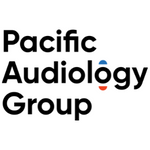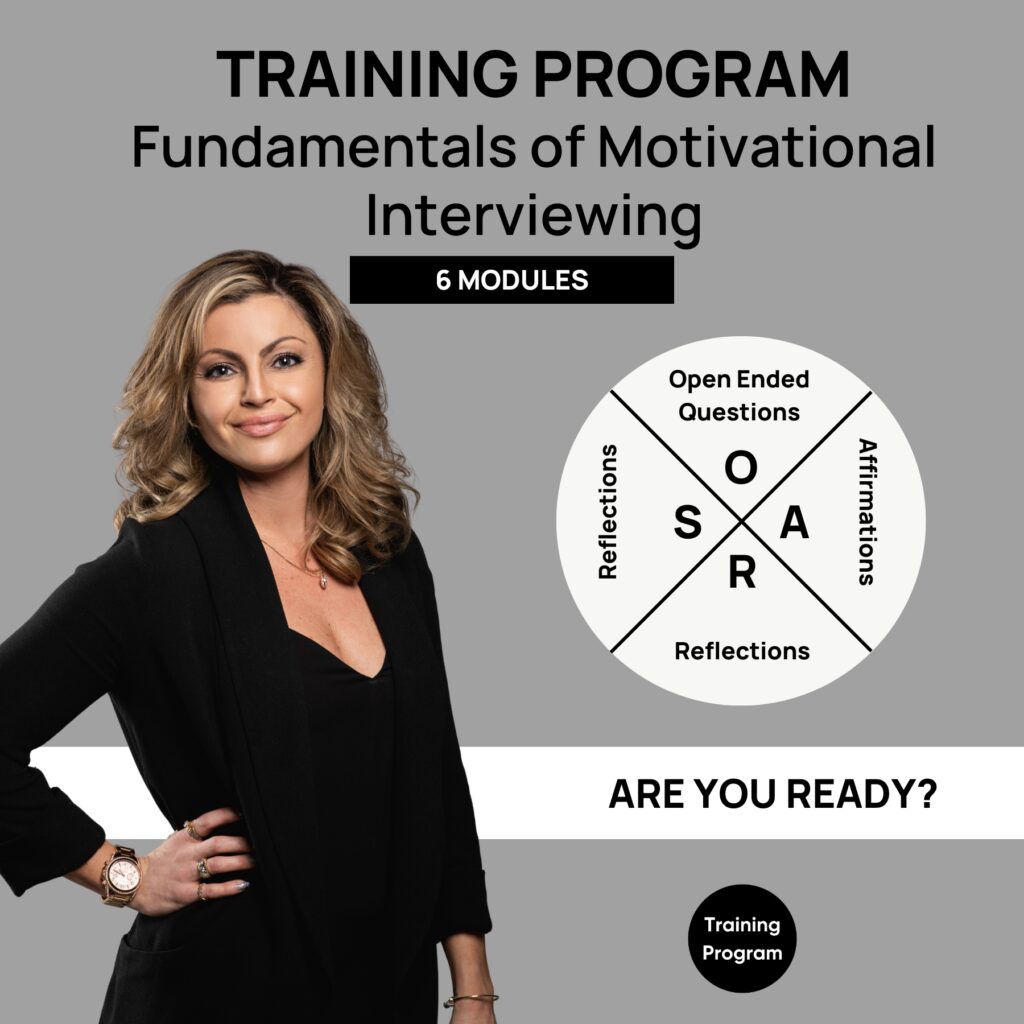It happens. A patient walks through your doors, burdened with hearing-related troubles, only to leave without investing in their hearing health. For every 10 potential patients with hearing loss, on average, 5 choose not to proceed with amplification. It can be frustrating to see almost half of our counseling efforts result in a decision not to improve their quality of life. Often, we attribute this choice to a lack of readiness on the patient’s part, but if they weren’t motivated, why did they make an appointment to come and see you? What if the patients who walk away untreated are, in fact, highly motivated individuals who simply need a different approach than our usual one? Would you be willing to reconsider how you approach these patients?
Recognizing Motivation
Patients who take the initiative to find a clinic, make an appointment, and show up on time—sometimes with a family member in tow—are already demonstrating a considerable level of motivation. These actions signal a genuine desire for help and a longing to reconnect with the world of sound. However, when these individuals decide against hearing devices, we ignore this evidence and declare they were not ready all along. This places the burden of responsibility on them, not us. But what if there’s more to the story?
Unveiling the Truth
Many of us believe that postponing treatment for hearing loss can negatively affect a person’s overall health and well-being, so it is imperative we examine whether our own behaviors could be contributing to this delay. My guess is you feel what you are doing already is working for many of your patients. But I also know you have witnessed patients making an unexpected U-turn after receiving hearing aid recommendations. In a successful clinic, only about 52% of potential new patients decide to follow through with hearing aids. Rather than accepting the notion that some patients are inherently unready, what if we openly, honestly, and without ego explored what truly happens during these appointments? The reality might surprise us—undecided patients may simply need a different approach than we were taught in school.
A Paradigm Shift in Communication
Motivational Interviewing (MI) could revolutionize the way we approach patient conversations about hearing aids. Unlike pushy sales techniques, MI focuses on building a collaborative, empathetic relationship with the patient. The clinician does very little of the talking, and we let the patient do most of the work. For example, MI provides specific techniques to guide a patient through what they know, which stands in stark contrast to the typical routine of educating patients on what we know. It focuses on getting the patient to tell us the reasons they would like to make a change, instead of listing reasons for them. Thirdly, MI gets the patient to suggest solutions, again, very different than imposing our recommendations on them.
Incorporating MI could allow us to reach many more patients, sooner. It is a fundamentally different approach that isn’t about pushing product; it’s about empowering patients to make a commitment to their hearing health. Say goodbye to the discomfort associated with sales pitches and embrace a communication style that aligns with the compassionate nature of hearing healthcare.
A Typical Scenario
With a bit of practice, you can easily spot the patients who would benefit most from motivational interviewing and shift your approach as needed. MI starts by identifying statements that contain both a positive and negative. For example, “I want to hear the television better, but I don’t want the hassle of hearing aids”. Traditionally we may take this as a statement indicative of a “difficult” patient, one who is not ready to be reasoned with. A common response might be to emphasize the positive, “Yes, but you are turning the TV up so loud that your family is complaining. They want to enjoy the show with you”. This typical response of trying to emphasize the positives is called the Righting Reflex. While its well-intended, it has the opposite effect. The patient told you there are two things that they are weighing, and you repeated back just one. You took a side, which places the patient on the defensive. What does the patient do next? They repeat the statement you ignored of course. This time with less indecision, building on their former argument “yeah, well like I said it is not for me, it’s just a big hassle and they cost too much. I have another TV in the bedroom that they can use if they are going to complain.” Does this pattern sound familiar?
Through some simple practice exercises, you can develop the skills needed to spot these statements and navigate patient ambivalence more effectively. In the example given, in MI, we would ask, “What would be a benefit of hearing the TV better?”. This gets the patient listing all the positives. Now instead of one thing in the “pro” column for hearing aids (hearing the TV better) we could have 2 or 3 (enjoying more shows as a family and less frustration).
Ready to revolutionize your practice and empower your patients?
This is just one small example of how Motivational Interviewing can help us in our practices. Think about how powerful it could be if we had the time to learn them all! If you are looking for more information on Motivational Interviewing I have two courses on the topic hosted by Pacific Audiology Group, a 15 min FREE introduction to MI in hearing care, and a in depth training program for practicing hearing care providers.
Together, let’s redefine how we communicate, connect, and make a lasting impact on the lives of those seeking our expertise.
Send us an email with your thoughts if you wish to be part of a movement that changes the narrative in hearing healthcare.
If you found this blog helpful, please share it on social media!







